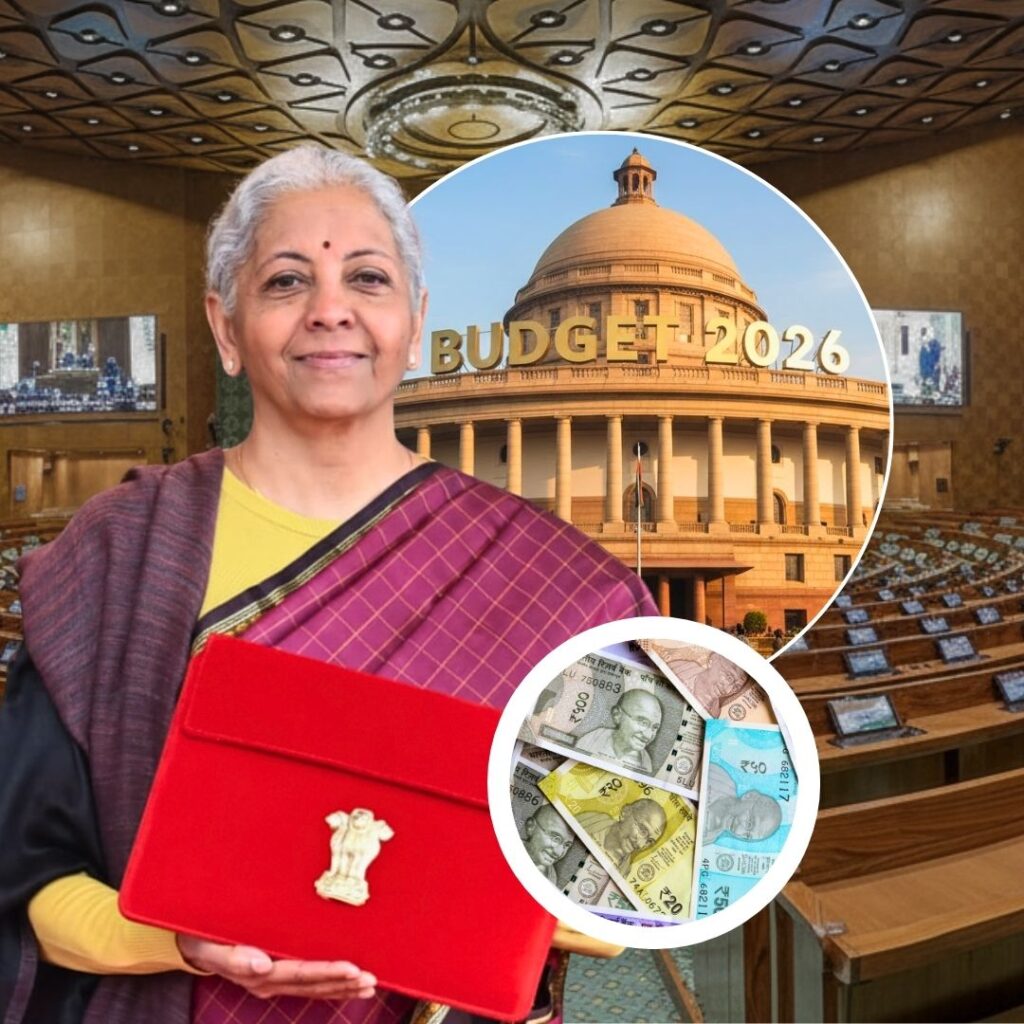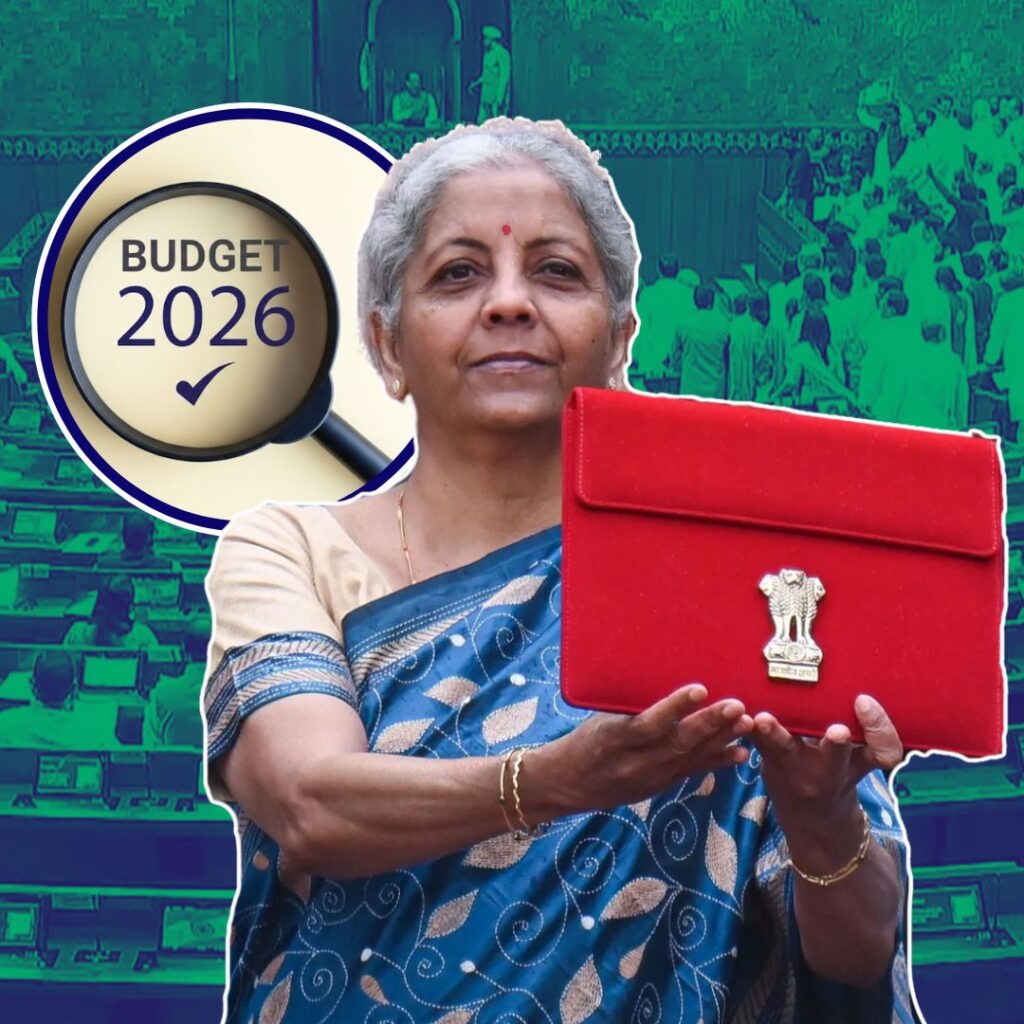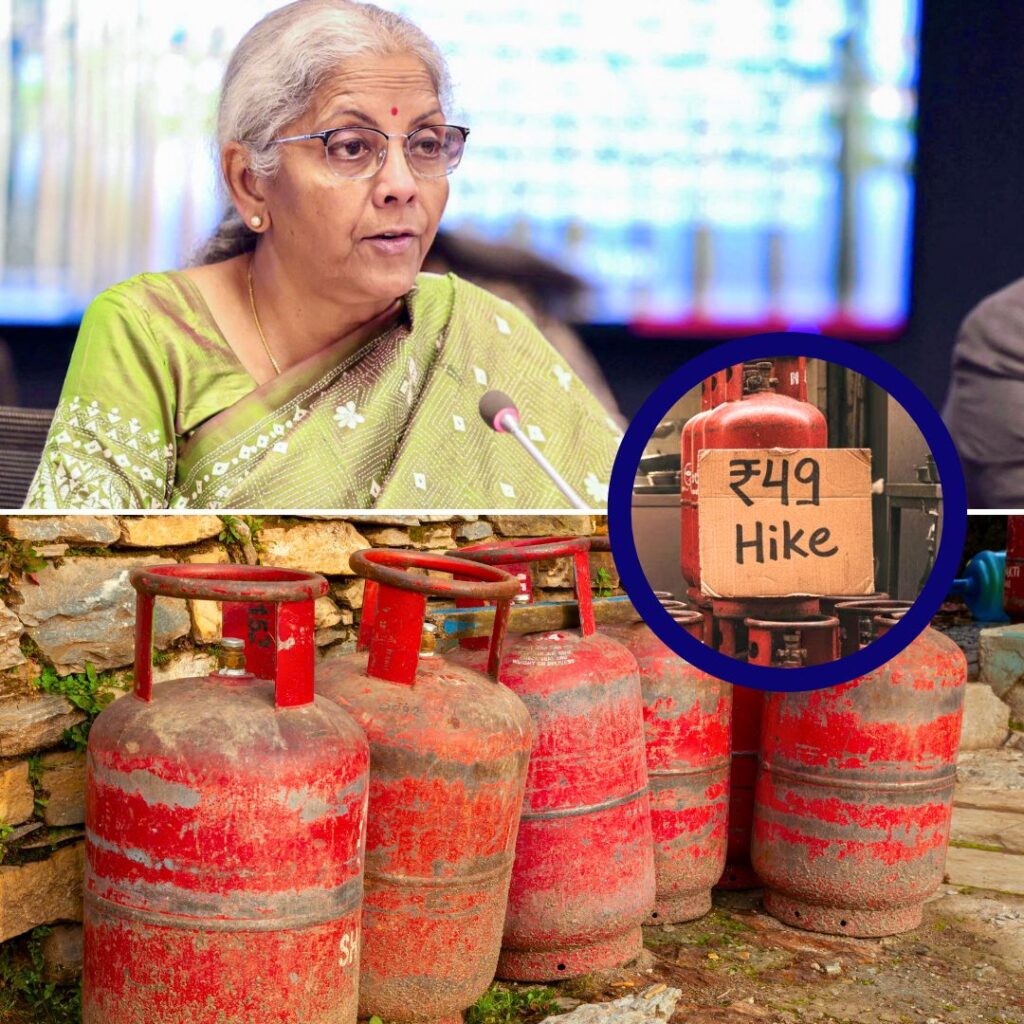Farmers’ protests in Maharashtra advance to the fifth day today – Monday, June 5 – with a state-wide bandh, excluding Mumbai.
As the indefinite protests that began on June 1 by 33 farmer organisations continue to adversely affect supplies of vegetables and milk to wholesale markets in Maharashtra, leading to increased prices, here is a breakdown of the events:
Why are the farmers protesting?
Farmers from 20 districts across Maharashtra have been on an indefinite strike from June 1 by cutting supply of vegetables and milk to cities like Mumbai and Pune.
The decision was taken at a state-level meet of farmers held at Aurangabad after a group of farmers met Maharashtra Chief Minister Davendra Fadnavis and opposition leader Radhakrishna Vikhe Patil on May 16.
The farmers believe that they have not been getting good prices and are burdened by debt leading to suicides.
The data compiled by the relief and rehabilitation department led by senior BJP leader Chandrakant Patil said in all, 639 farmers committed suicide between January 1 and March 31, 2017.
The situation is worsening every day and this has been going for the last 50 years. Places like Marathwada, Latur are the most affected areas. 2015 saw the highest number of farmer suicides in Maharashtra since 2001. Around 2,590 farmers ended their lives between January to October in 2015.
Droughts, unseasonal rains and the government’s failed attempts to tackle the situation has added to the plight of the farmers.
What are their demands?
The farmers’ demands include –
Implementation of the Swaminathan Commission’s recommendation which says that farmers be paid 50% over and above the minimum support price (MSP) as the cost of production. Waive off farm loans Interest-free loans to farmers Pension scheme for farmers from 60 years of age Rs 50 per litre price for milk Uninterrupted power supply to farms 100% subsidy for drip and sprinkle irrigation A timeline of the protests
June 1: On day one, farmers spilled two tankers of milk on the road in Shirdi as a sign of protest. Supplies of vegetables, fruits and milk are in a crisis in major cities like Mumbai and Pune.
Protest Image. Indian Express
June 2: The protests continue with the farmers blocking trucks of vegetables and milk to create a shortage of produce. In many areas, farmers emptied milk containers and dumped vegetables on the road.
Protest Image. Financial Express
June 3: Chief Minister Davendra Fadnavis announced a farm loan waiver of Rs 30,000 crore to small and marginal farmers.
June 4: Protests continue as the government’s waiver included 31 lakh farmers, while Maharashtra has 1.34 crore farmers. The farmers maintained their demand of complete loan waiver and implementation of Swaminathan Committee’s recommendation.
June 5: A section of farmer leaders that met in Nashik on Sunday decided to proceed with ‘Maharashtra Bandh’ and continue their agrarian demands for at least four more days.
What is the government’s response?
On Saturday, Chief Minister Davendra Fadnavis announced a farm loan waiver of Rs 30,000 crore – the biggest such waive-off for the farmers in Maharashtra.
Addressing the media at his residence later in the day, CM Fadnavis said, “The loan waiver, which will come into force by October 31, 2017, will be restricted to small and marginal farmers with land holdings of five acres,” as reported by The Indian Express.
Adding that an estimated 40 lakh farmers were expected to benefit from the waiver, he added, “Of the state’s 1.36 crore farmers, 31 lakh have not been able to access crop loans since 2012. Restructuring of loans for this segment was not permissible, therefore, the only way forward was to write-off their loans.”
Other decisions taken by the CM is to make it a criminal offence to pay farmers less than the MSP for their produce, and a law will be enacted during the monsoon session of legislature to ensure the same. The state commission for agricultural produce will be set up with a month, he added, saying that the decision to increase the minimum price of milk will be taken by June 20.
As reported by News18, at least 113 farmers were held during the strikes across the state since the night of June 3 for resorting to violent methods of protesting – damaging public property, arson, etc.
Separate reports of incidents of violence came from Nashik, Ahmednagar and Pune where farmers took to damaging milk-carrying tankers as well as vandalising trucks carrying vegetables.
How have the protests affected Maharashtra’s economy?
Farmers across Maharashtra have been stopping vehicles of fruits, vegetables and milk towards urban areas. A call was also given to the protesters to not provide milk to dairies and refrain from selling their agricultural produce in the wholesale markets.
As a result of the pressure that the farmers have been putting on the state government, wholesale markets in Mumbai and Pune rep…











